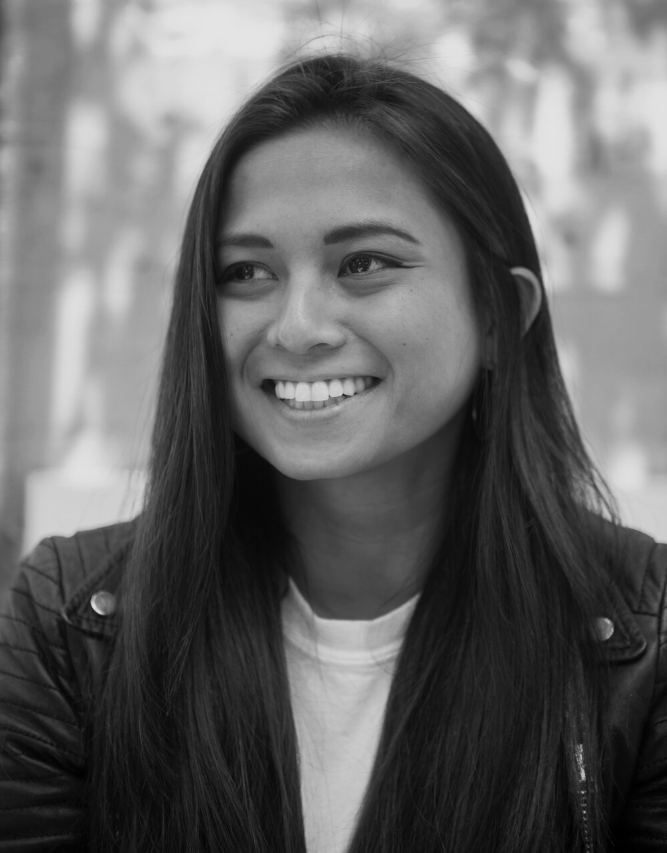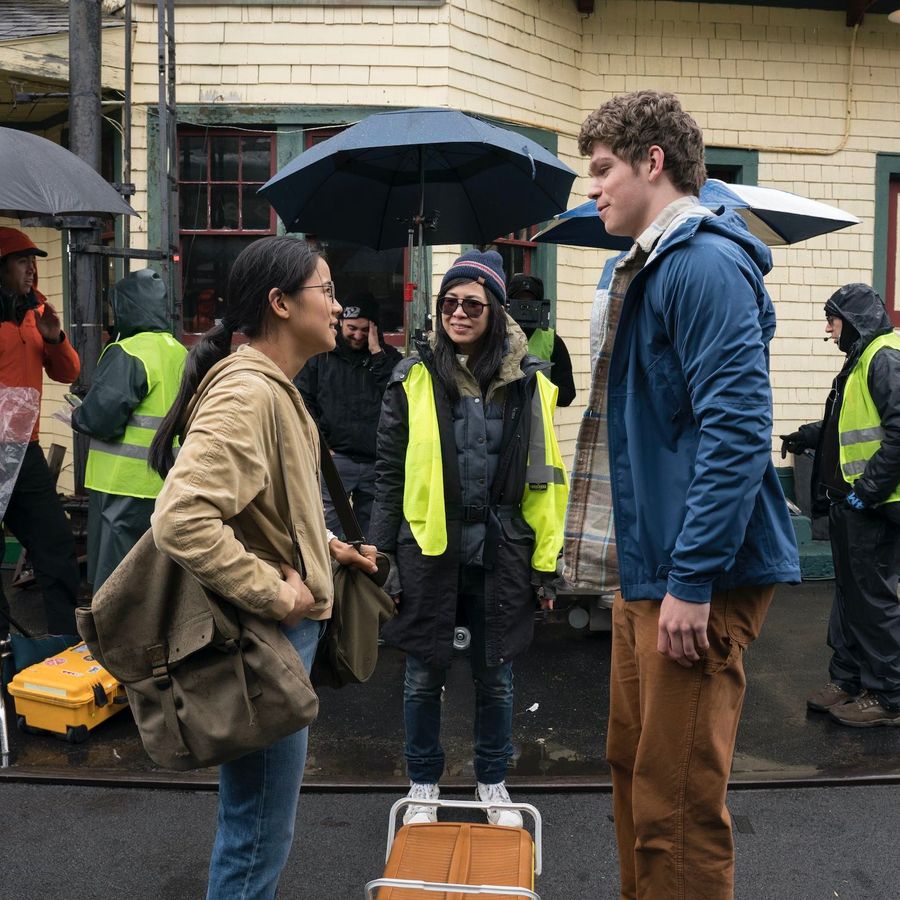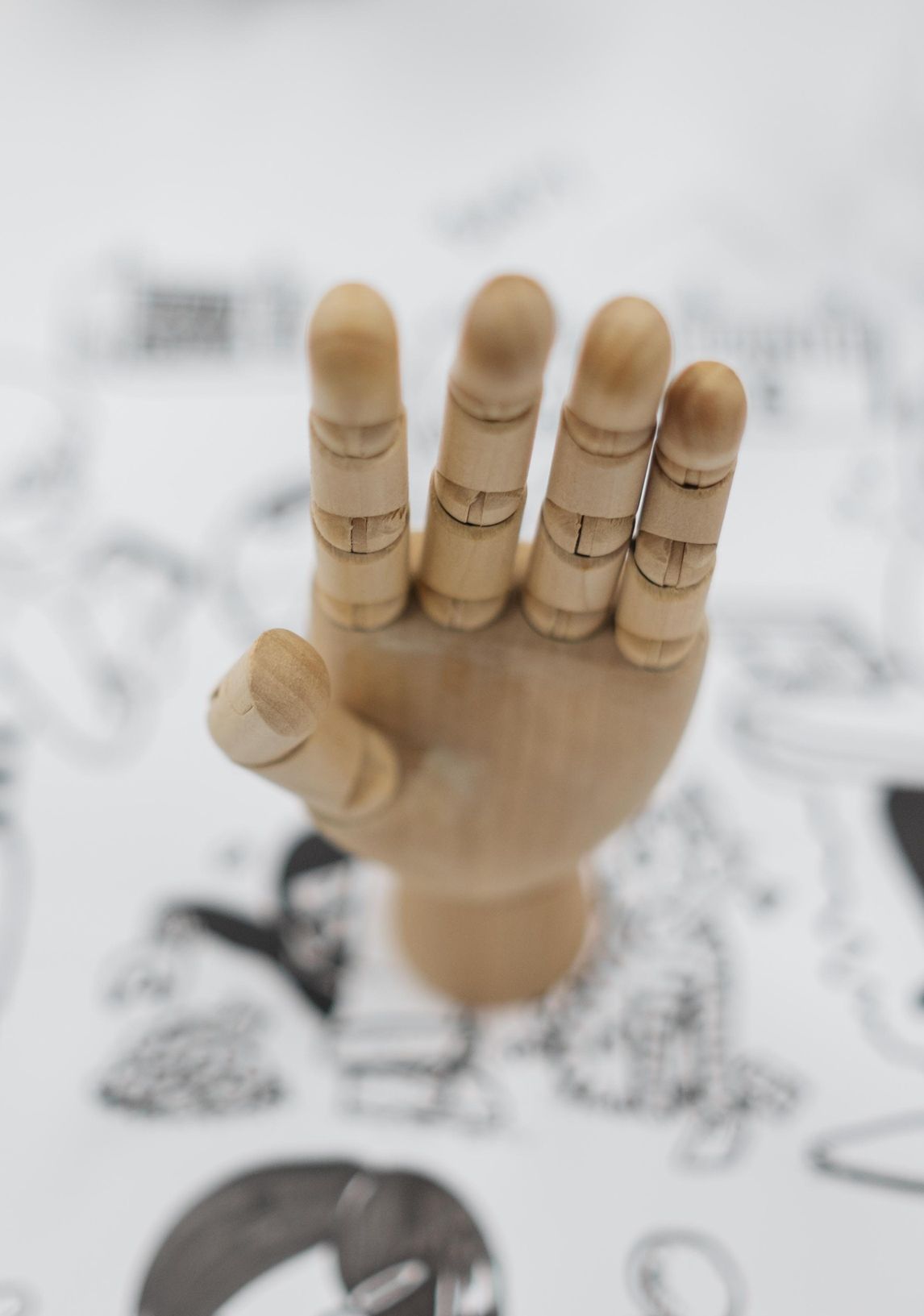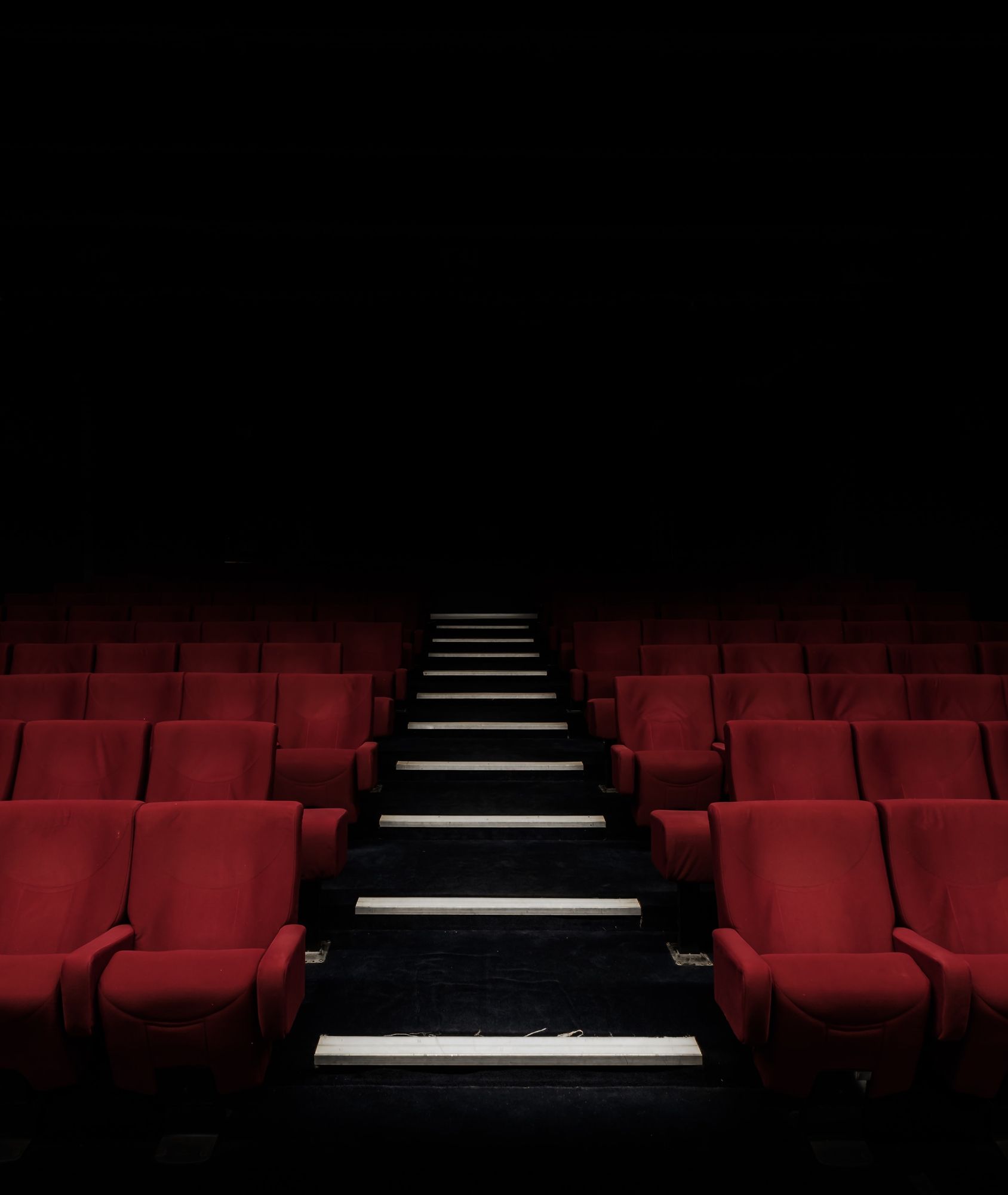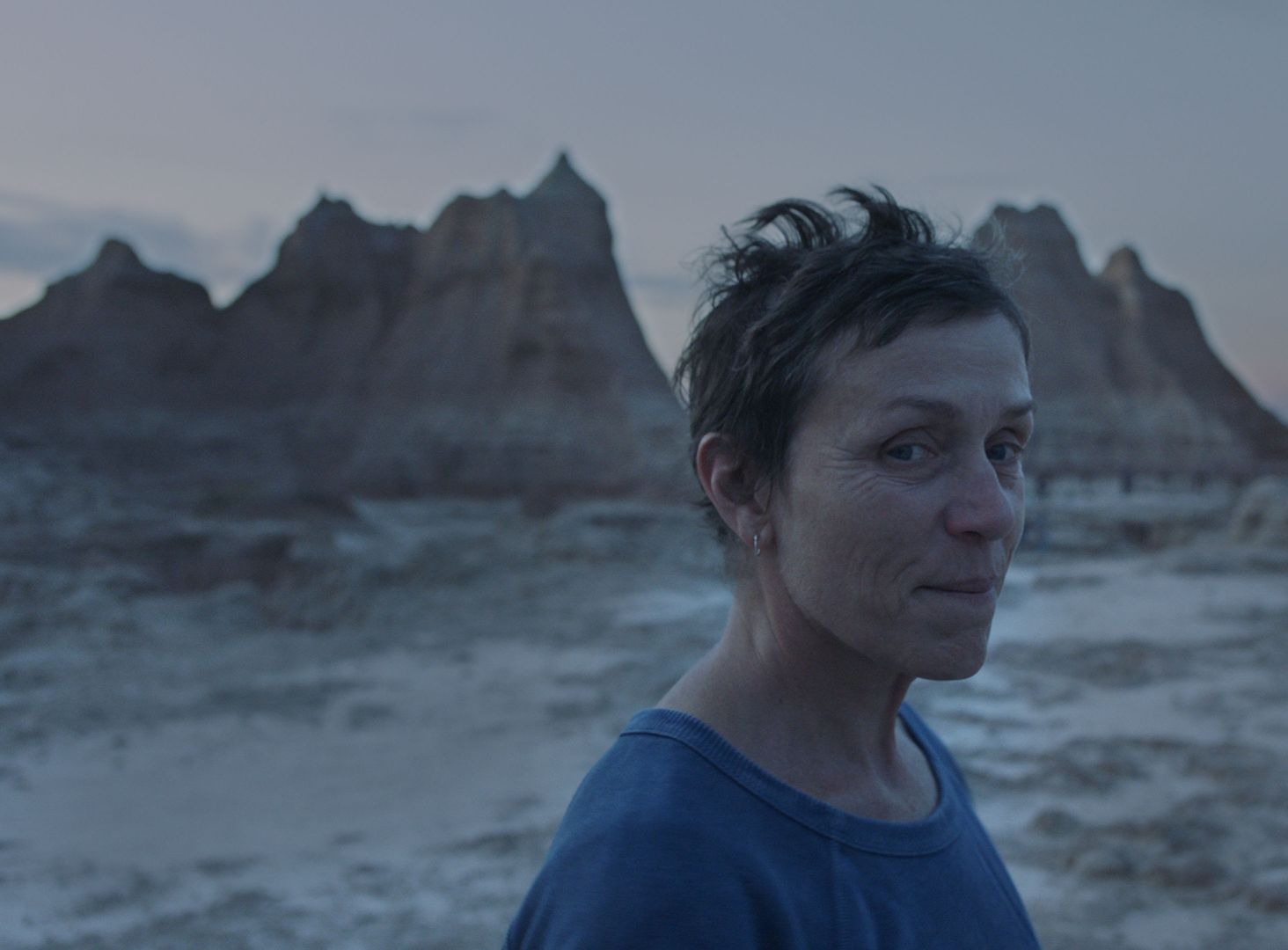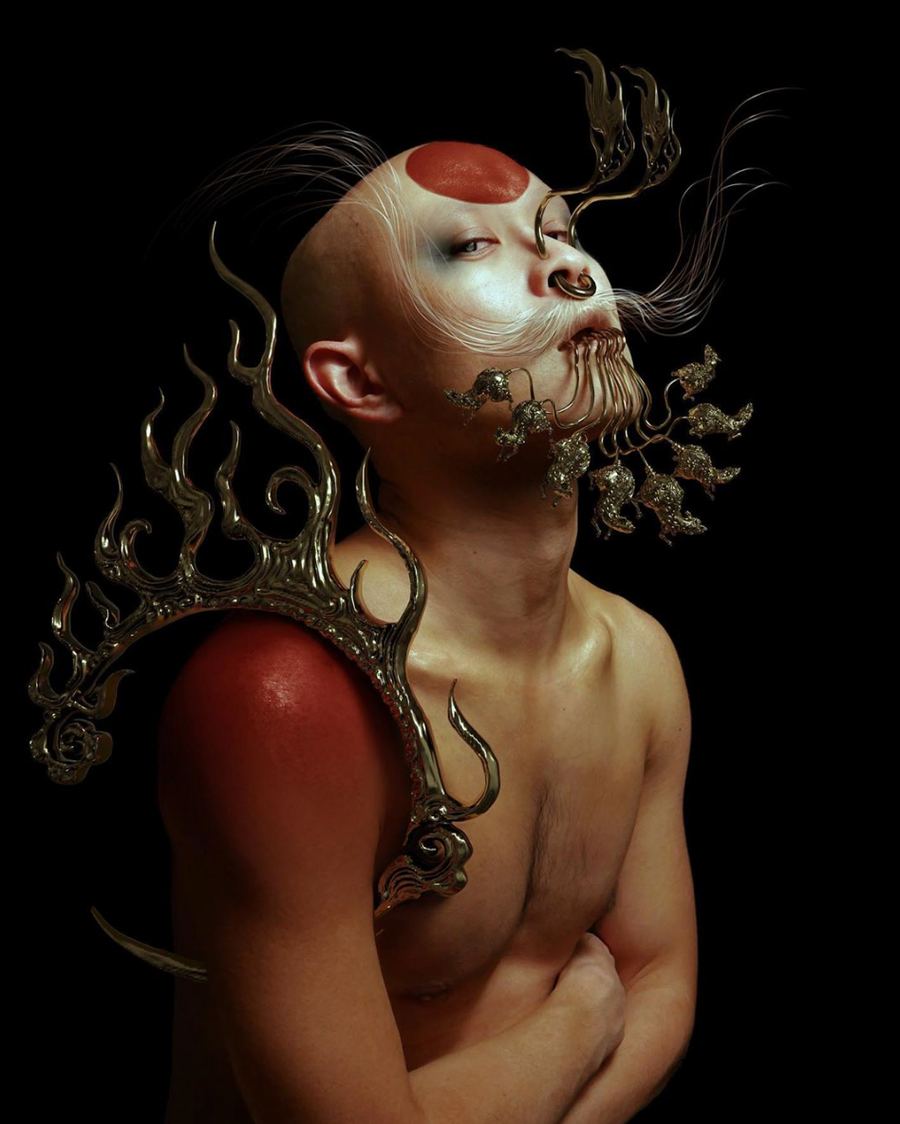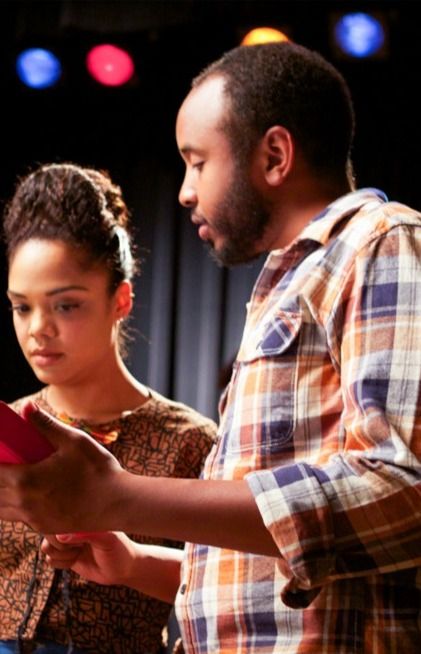All photos courtesy of Netflix.
Alice Wu is on Zoom, standing in the middle of her San Francisco home, in front of a bookcase of family photos. It’s the eve of The Half of It’s May 1st release on Netflix.
Her film was supposed to premiere live at the Tribeca Film Festival, but instead made its debut virtually, nevertheless taking home the Founders Award for Best Narrative Feature. And rightfully so. The Half of It, starring newcomers Leah Lewis, Alexxis Demire, and Daniel Deimer, is a Cyrano-inspired tale about a cash-strapped Chinese-American prodigy who starts writing love letters for a doofy jock, only to find herself unexpectedly falling for the object of his affection. During a time when distance is mandated, The Half of It feels like an elixir for the ache of isolation.
A sweet coming-of-age feature, it’s an inspiring work about the values you grew up with and the ways you learn to coexist and connect. Like Saving Face, Alice’s 2004 breakout film about a Chinese-American lesbian and her mother who unwittingly bond over secrets that defy cultural expectations, The Half of It explores the idea of the individual within the collective and the unspoken beauty in balancing both. A balance with which Wu is intimately familiar.
Although it’s part of Wu’s legend now, the 15 years she spent between films? That wasn’t time lost. It was time intentionally spent taking care of her mother. Wu has always been intentional about her life, having set herself up financially to earn a college degree and spending her 20s working with computers, calculating the amount of time it would take to pursue the skills she needed to make Saving Face, a film that was originally written to work through the pain of coming out to her mother.
Time passed, and life unfolded. Her mother’s health improved while a long-term relationship came to an end, prompting her to once again key into the emotions that would ultimately inspire The Half of It. Here, Alice discusses the family values that remain the centerpiece of her life, her art as outreach, and how the years have evolved her storytelling.
What resonates with me most about your work is your portrayal of the individual among the family, how your characters never abandon one for the other. In a lot of queer—and even just coming-of-age stories—there’s this narrative that in order to be an individual, you have to reject and break free from what’s holding you back, and a lot of times that’s villainized family. So my question is, is that something that’s true for you and if so, where does that come from?
Alice Wu: I'm really glad that you see that because it's really true and maybe even one of the things people are responding to most. I'm fundamentally just not a rebellious person. I never had that thing growing up where I was like, "Screw my parents, this is what I'm going to do.” Obviously, there'd be disagreements, but not in a way purposely trying to defy them. I suspect that has a lot to do with the fact that they were young immigrants when they came to this country, and they worked really, really hard for the family to be able to survive in this country.
Ultimately, for me to have the life that I have now, my parents had to put a lot of sweat equity in. When you see that growing up, you see just how hard life is. It's physically hard, but it's also quite clear that the country they're in is not exactly welcoming them with open arms. I would watch people looking down on my parents, the people I love the most in the world. When you see that, all you want is to figure out how to make their lives easier. So the last thing I wanted to do was rebel against them. In that sense, it took me so long to come out to even myself because I was so repressed about it that I literally would not entertain the idea.
My parents and I are much more open with each other now. But most of my upbringing, we didn't talk to each other about how we were feeling. My parents literally had no time to sit around talking about it. If I were them, I would just be complaining all the time, but they're not complainers. That's another thing I loved about my parents–they just do the work. Even if I weren't gay, I don't think I'd be like, "Oh, today I feel this about school.” There's no room to feel about anything, just get it done.

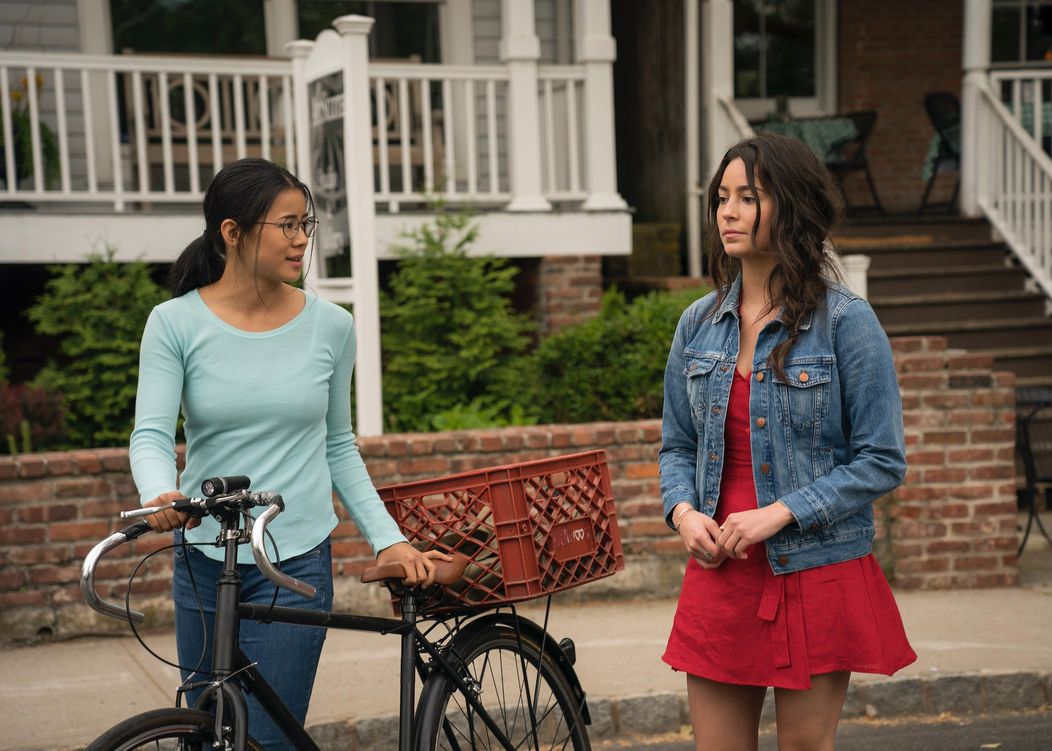

How would you say that manifests in your storytelling?
I think it creates an interesting space for you to tell stories where you don't necessarily have to announce yourself about certain things. In Saving Face, you discover the mom did actually realize at one point her daughter could be gay and then immediately just represses that thought. Then the two of them pretend nothing happened. That’s a far more common thing in my friends’ coming out stories. It's not about the moment you tell your parents; it's about, hopefully, the growth of when they finally come to fully accept you as someone who has all your feelings.
In Saving Face, the two characters can coexist as long as they're not distinctly talking about being gay, and similarly, in The Half of It, Ellie isn’t sitting around thinking about her own queer identity. It's a small rural conservative town. She has a crush on this girl, but she’s not fully letting herself admit that because what’s the point? It could never happen, right? She and her dad don't even talk about how sad they are that her mom died a few years ago. They're certainly not going to go into, "By the way dad, I might like this girl." To the dad, she’s just his 13-year-old daughter, and as far as he's concerned, she should be dating nobody.
It’s not like Oprah where everyone gets to talk about themselves all the time. There's almost an acceptance that everyone has their secrets.
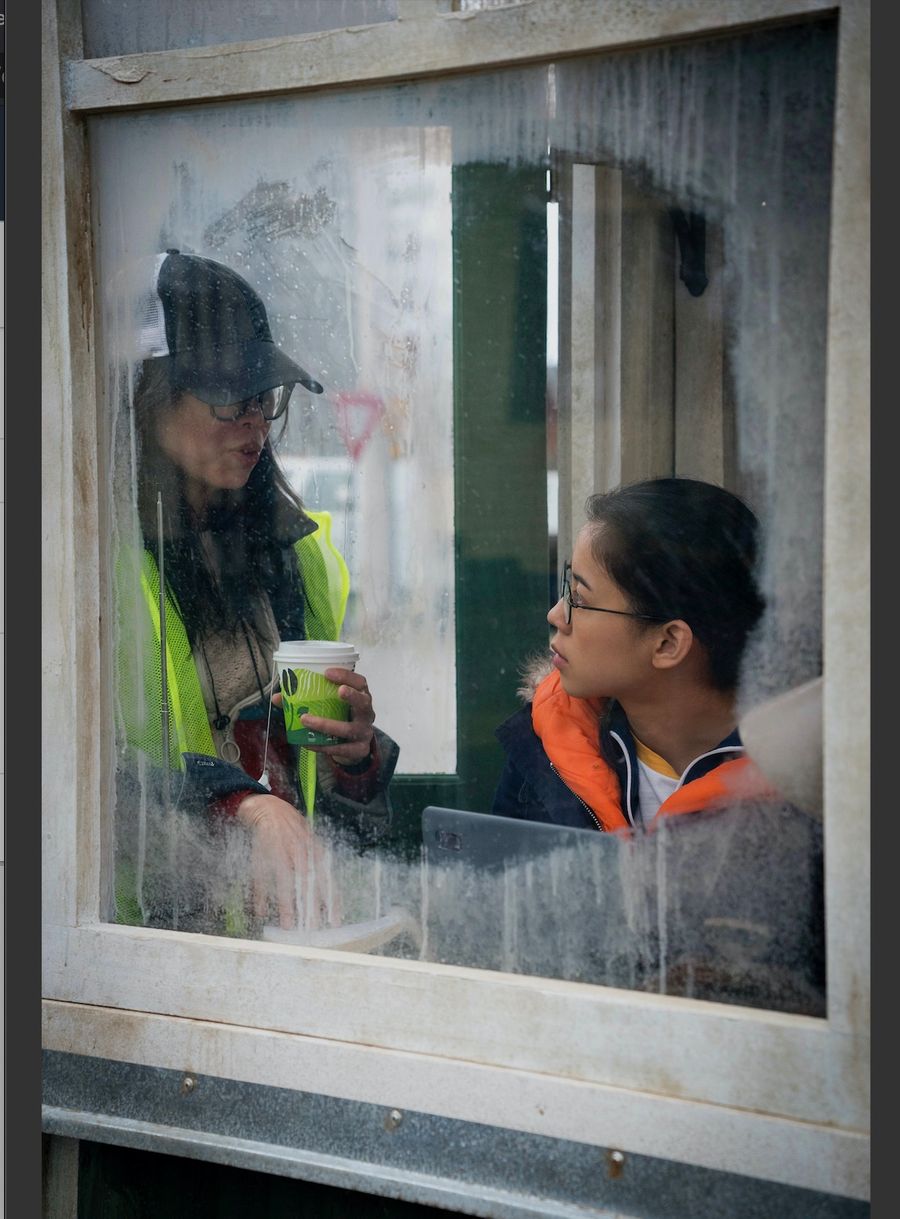
"I think you ultimately have to make a choice whether your work is going to drive your life or your life is going to drive your work."
You've talked about being financially independent since you were 18—went to college and made sure you were set with a practical job that took care of you. So how did filmmaking fit into your life?
If you had told me in high school that I might someday be a director, I would have thought that sounded bonkers. You might as well have told me that we're all going to be motorcycling to the moon. I had one or two friends, but mostly, I remember high school as being this very shy and very lonely time.
School was my job. Like my parents went to work, and I biked to school. And in that sense, I'm very much like Ellie in The Half of It. I just got the idea from watching my parents that life is hard. I was gearing myself up for a hard life, and so it was actually a huge shock for me when I went into the working world. I remember going into the grocery store after college and realizing that I could buy anything in there, walking up and down the aisles so excited by that. So in my head, I was like, "Okay, I've made it. I have a decent paying job. I'm going to be able to support myself and my family.”
It didn't really occur to me there would be any more for me beyond that. I thought writing was something I’d do when I retired, but just for me. But then I just got bored, and it dovetailed with when the internet boom happened. All of a sudden, I went from designing software (ed. note: at Microsoft)—we were working 100 hour weeks— to having nothing to do because no one knew how to monetize the internet.
And that's when I took a writing workshop and ended up writing Saving Face in this night class. It was much more organic. At that point, I was lucky enough to have saved enough money to spend a few years chasing this dream.
Was your relationship with your mom already healing when you were making Saving Face?
Yes and no. I'm extremely close to my mom. It's hard to explain because it seems weird, but it was almost like we loved each other so much, but we didn't have a certain type of intimacy. When I came out to my mom, she was like, "I never want to see you again." And I didn't hear from her for a couple of years. I think she thought that she was saving me. She knew that the thing that mattered most to me was her love, so she thought if she removed that, I might then fall back into line and not be gay anymore.
But a few years down the line, something happened in her life. Normally I'd be the person she talked to, but she was not talking to me. So she reached out, and in that process of us reconnecting, I think she realized that I'm still the same person, I'm still her daughter, even if I'm gay. But that said, her whole thing is like, "Why do we have to talk about it? Let's just not talk about it." So when I was writing Saving Face, that was still where she was. We're talking all the time, we were close in some ways, but we were just not talking about this very important area.
I basically wrote Saving Face as a love letter to her because I really wanted her to feel like she could take a stand for herself in her life. But when I look back on that movie, I now see that that's what I thought I was doing, but in reality, that movie is about someone being able to have both romantic love and have her family at the same time, right? And I think that was my own wish.
So what happened when the movie was out?
Well, it didn’t occur to me what I had done until then. I had this moment of total panic, and I remembered having a conversation with my mom, where I was like, "So Mom, you do realize that once this film comes out, everybody's going to know why I'm not married. What do you think?" And I remember she was really silent, and then she was like, "Well, I'm not going to lie, it's going to be hard. But if this is what you want, then this is what I want for you."
Was it an easy choice for you to leave behind filmmaking to take care of your mom?
Yeah, it was an easy choice. After Saving Face, I was getting offered all these crazy things, but it felt like I was letting the industry drive me. What happened was a few years in, I'd actually just sold a TV pitch based on my experiences as a woman in tech to ABC, and then that writer strike hit. And then just as it was about to lift, my mom had a health thing happen, and she really needed me. I dropped everything and went up to San Francisco for her. That’s where I live now.
My mom is a wonderful person. She's funny and kind. She grew up as a very conservative immigrant, so certainly we had some battles, but everyone loves my mom. I think when something really important happens to you, it makes your priorities super clear. If something happens to my family, that's going to be my first priority. What's the point in making art, if you don't have the people you love, if you don't work on those relationships? At least that's my basis anyway, because that's the kind of work that I do.
I love how your art is simply a channel for what you're experiencing. That's so refreshing to hear, especially being in an industry marked by market demand and urgency. It's so nice to hear that your story just continues to unfold and you continue to surprise yourself, and that that is possible.
I love the way you narrated that, and it’s true. You're just very astute in the way you have keyed into what matters to me. I think you ultimately have to make a choice whether your work is going to drive your life or your life is going to drive your work, right?
From the standpoint of being a writer-director, it's all consuming when it's happening. And I can't pretend that when it's happening, I'm not making sacrifices. I just spent a year and a half in New York making this movie. In the last 10 years, it was the least amount of time I got to see my mom. Even if she was in a good place, I'm not going to pretend that there weren't times when my not being there had an impact on how she takes care of herself.
When I was in post, [my mom] had a scare. There was almost a moment where I didn’t go back to the film. But she said, "Listen, I don't want to leave the world and have you spend all of your time with me. Then I'm going to be so worried. I want you to also do the things you love.” Now I'm balancing both; it turns out I do truly love writing, directing.
I'm not really someone who feels like I must make a film. If there's a story I love, then I really want to make that story. There are so many other great storytellers out there, and I'm happy to point to them. But this time, I do have a few things of my own that I want to nurture and see if any of them get to a place worth pursuing. If my personal life is in a good place, and I can do that, then great, because there will be a sacrifice.
"When something really important happens to you, it makes your priority super clear. If something happens to my family, that's going to be my first priority."
Both of your lead characters, in Saving Face and The Half of It, are constantly overworking. Before I came out, I was like, "Okay, I'm going to graduate college with a job and I'm going to make sure that I’m financially independent by 18. That way, no one can take anything away from me or blame me being gay on anything.” I'm wondering if you’ve ever thought about it like that, and if that informs your characters. It's also an immigrant thing, too. It's compounded almost.
That is so true and so smart. Because as a POC immigrant, especially in the United States, there's definitely this sense of needing to keep up appearances for the white people. There's this feeling of, "We can't let down our culture." Like if I do something embarrassing, it's not just me I've embarrassed, I've now also embarrassed my family, and then I've probably embarrassed the entire Asian diaspora. Somehow we have to represent so many things. So already I'm thinking like, "Oh my God, if I'm gay, this is already so many negative points, how can I balance that out?" Right? So then it does become like, "How can I be as excellent as I can possibly be?"
It actually happens a lot too with a number of my friends who are POC and gay. It's almost the “Get into Harvard Syndrome” where it's like, "Well, maybe getting into Harvard will balance out being gay." On some level, mitigate the pain for your parents. Has that worked for you?
To an extent.
When I was younger, I thought grand gestures were the most important thing, like a wedding. And then as you get older, you start to realize that after the wedding, there's the rest of your life to live. The end of the story can't just be the wedding. So similarly, the end of the story isn't "I've declared myself." It's not binary; it's not fantastic or awful. It's, generally speaking, this weird place in the middle. Sometimes our parents disappoint us, and sometimes we disappoint them, but for the most part, we all kind of care enough about each other that we're still trying to stay together.
What did your mom think of The Half of It? [Ed. note: this interview happened a day before The Half of It’s Netflix release.]
I still haven't shown it to her yet. She sees it tomorrow. Netflix gave me an option but I guess in my head, I feel like it'd be more exciting for her to watch it when she feels like everybody else is watching at the same time. I think my mom loves excitement, and now we're all isolated, so I think that's the best I could offer her now.
How do you think you would have approached The Half of It 15 years ago?
Fifteen years ago, I would’ve thought romantic love is the most important thing. A lot of The Half of It stems from us as a society tending to exalt romantic love. I did that too, like many people, but I think queers do it especially because we had to fight so hard to let ourselves love anyone. And this is obviously a defining quality in our lives. If it wasn't that important to us to find someone to be with, why go through the pain of coming out then? As I've gotten older, I’ve realized there are so many types of love—friendship love, familial love—and that can be equally important.
The Half of It premiered on Netflix May 1, 2020.

Alice Wu
Alice Wu is a Chinese-American film director and screenwriter. After earning a master’s degree in computer science at Stanford University, she designed software at Microsoft before becoming a full-time filmmaker. Alice’s debut feature, SAVING FACE—starring Michelle Krusiec and Joan Chen and produced by Will Smith—made its world premiere at the Toronto International Film Festival where it was acquired for theatrical distribution by Sony Pictures Classics. The critically acclaimed film garnered several festival accolades, as well as a GLAAD Media Award nomination for Outstanding Film-Limited Release and a Breakthrough Director Award nomination for Alice at the Gotham Independent Film Awards.
Alice wrote and directed her next film, THE HALF OF IT, which she also produced with Anthony Bregman and M. Blair Breard for Netflix. The script was a 2018 selection for the prestigious Black List, an annual survey of Hollywood executives’ favorite unproduced screenplays. THE HALF OF IT stars Leah Lewis, Daniel Diemer, and Alexxis Lemire and is a modern-day “Cyrano” story about a shy straight-A student who helps a clueless high school football player woo the girl they both secretly love.
